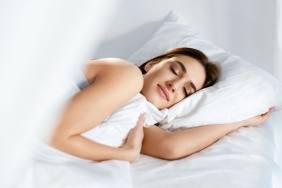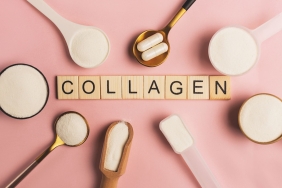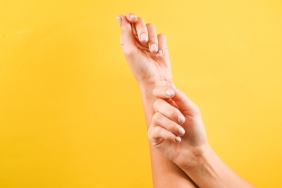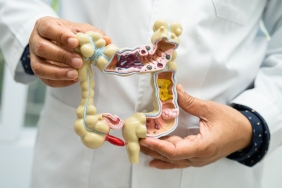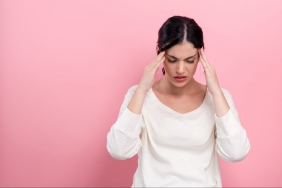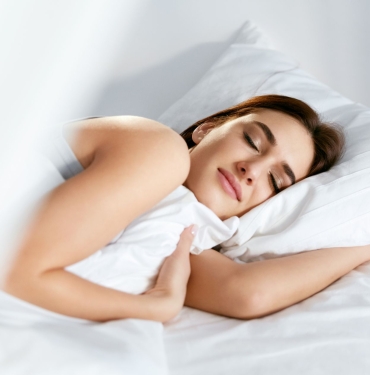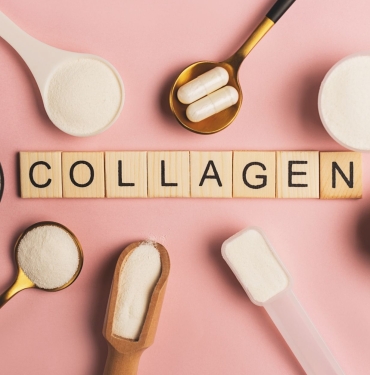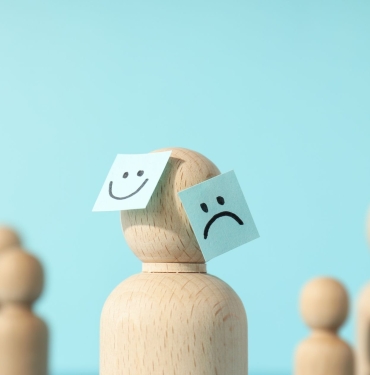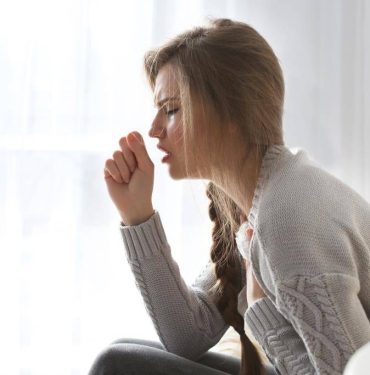Depression is an illness classified as a mood disorder and significantly affects individuals' quality of life. Depression can manifest itself with various symptoms and is a condition that requires treatment. This article will provide information about the symptoms of depression and common treatment methods.
Symptoms: Depression can manifest itself with physical, emotional and cognitive symptoms. These include:
- Emotional Symptoms:
- Constant feeling of sadness, hopelessness and emptiness
- Loss of interest and malaise
- Anxiety, worry and tension
- Feelings of guilt and worthlessness
- Suicidal thoughts or suicide attempts
- Physical Symptoms:
- Fatigue and loss of energy
- Insomnia or excessive sleep
- Appetite changes and weight loss or weight gain
- Headaches, muscle aches and digestive problems
- Decrease in sexual desire
- Cognitive Symptoms:
- Difficulty concentrating and making decisions
- Memory problems and forgetfulness
- Negative thoughts, pessimism and hopelessness
- Self-blame and negative thought cycles
- Decline in work or school performance
Treatment Methods: Various methods are used in the treatment of depression. Since each individual's treatment needs may be different, it is important to consult a specialist. Here are the commonly used depression treatment methods:
- Psychotherapy: Psychotherapy plays a fundamental role in the treatment of depression and helps the individual understand their thought and behavior patterns, cope with their negative thoughts and achieve a healthy mental state. Some of the most commonly used psychotherapy methods include:
- Cognitive Behavioral Therapy (CBT): This therapy method focuses on helping the individual identify their negative thoughts, changing them, and encouraging positive behaviors. CBT is an effective approach to reduce symptoms of depression and prevent relapse.
- Psychoanalysis: This therapy method aims to understand unconscious thoughts and past experiences. It is based on long-term therapy sessions to explore the individual's inner world and understand their origins.
- Interpersonal Therapy (IPT): This therapy focuses on the individual's social relationships and addresses the impact of problematic relationships on depression. Offers strategies for improving relationship skills and strengthening support systems.
- Medication: Medication can be used to relieve severe symptoms of depression and correct chemical imbalances. Antidepressants generally reduce symptoms of depression by affecting the levels of neurotransmitters such as serotonin, norepinephrine, and dopamine. Medication should be guided and regularly monitored by a psychiatrist.
- Other Treatment Approaches:
- Electroconvulsive Therapy (ECT): It is a treatment method used in cases of severe and resistant depression. Electric current relieves symptoms by changing neurotransmitter activity in the brain. This method is generally preferred when other treatment options are ineffective.
- Transcranial Magnetic Stimulation (TMS): Brain activity is affected by using magnetic fields. TMS may be particularly effective in patients who are resistant to antidepressants. It is used to regulate neurotransmitter activity in the brain.
Conclusion: Depression is a serious illness and its symptoms negatively affect the quality of life. However, depression can be managed with appropriate treatment methods. Treatment options such as psychotherapy, medication, ECT and TMS should be personalized to the individual. Individuals struggling with depression should seek professional help and should not hesitate to get support during the treatment process.
- Self-Help Methods: Apart from treatment methods to combat depression, individuals can also try some strategies that can help them. These include general lifestyle changes and supportive methods. Here are some self-help methods:
- Exercise: Regular physical activity increases endorphin production and may help relieve symptoms of depression. You can try activities such as walking, running, yoga or dancing.
- Nutrition: A balanced diet and healthy foods can have positive effects on body and brain health. Foods containing omega-3 fatty acids may help reduce symptoms of depression.
- Sleep Pattern: It is important to get adequate and regular sleep. Establishing night sleep routines, paying attention to sleep hygiene and providing a comfortable sleep environment can improve sleep quality.
- Stress Management: Stress can increase symptoms of depression. You can reduce stress with methods such as stress management techniques, relaxation exercises, deep breathing and meditation.
- Social Support: It is important to connect with family, friends or support groups. Social interaction, support and understanding play an important role in combating depression.
- Supportive Treatment Approaches: There are also some alternative treatment approaches that can support the treatment of depression. However, these approaches may not be completely scientifically proven and should not be implemented without consulting an expert. Some supportive treatment methods include:
- Art, music or dance therapy: Using creative processes can encourage emotional expression and reduce stress.
- Acupuncture: It is a tradition to regulate energy balance by placing needles at certain points. Some studies show that acupuncture may relieve symptoms of depression.
- Herbal Supplements: Some herbal supplements, especially St. There is some evidence that St. John's Wort (Hypericum perforatum) may relieve symptoms of depression. However, it is important to consult an expert regarding the use of these supplements.
Resources:
- American Psychiatric Association. (2013). Diagnostic and statistical manual of mental disorders (5th ed.). Arlington, VA: American Psychiatric Publishing.
- National Institute of Mental Health. (2019). depression Access address: https://www.nimh.nih.gov/health/topics/depression/index.shtml
- Mayo Clinic. (2022). Depression (major depressive disorder). Access address: https://www.mayoclinic.org/diseases-conditions/depression/diagnosis-treatment/drc-20356013
- National Health Service. (2021). Treatment for depression. Access address: https://www.nhs.uk/conditions/clinical-depression/treatment/
- Rush, A.J., et al. (2003). Acute and longer-term outcomes in depressed outpatients requiring one or several treatment steps: A STAR*D report. American Journal of Psychiatry, 163(11), 1905-1917. doi:10.1176/appi.ajp.160.11.1905


